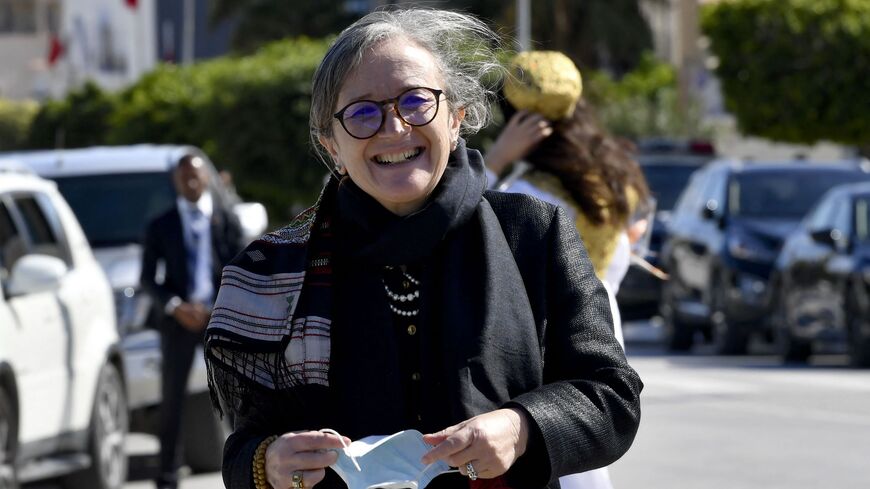A Step Forward for Women in North Africa
Tunisia has elected its first female prime minister, Najla Bouden Ramadhan.
On September 29, Tunisian President Kais Saied appointed the country’s first female prime minister, Najla Bouden Ramadhan. PM Bouden made history and headlines across the globe and hopes to help the country overcome its difficulties with the coronavirus pandemic and its troubled financial state.
Tunisia’s democracy is still in its early stages since the Arab Spring in 2010, when Tunisian citizens participated in the “Jasmine Revolution,” a series of protests calling for a break from the authoritarian government. The voices and actions of the Tunisian citizens prompted the departure of the president, the drafting of a new constitution, and a free election to determine a new prime minister and president, making way for democracy in Tunisia.
On July 25, President Saied froze the parliament of Tunisia and seized control of the government, threatening the country’s public financial state and diverging from the newfound democracy. Saied claimed to have saved the country from financial unrest and mishandling of the coronavirus pandemic.
Saied, a law professor elected to the presidency in 2019, hails from no particular political party and had very little government experience prior to being elected, making his entrance into the government unexpected.
Bouden, previously a lecturing professor at the National School of Engineers in Tunis and a director of an educational reform organization, also has little experience in politics and government and does not belong to any particular political party. President Saied does not want opposition in government and chose her partly due to her unclear and uncemented political beliefs.
It remains unclear how much power Bouden may hold, as Saied has issued unconstitutional decrees allowing him to pass laws without permission from parliament. Saied’s enemies in government have labeled his actions as a coup against the Tunisian constitution as he continues to suspend executive action in parliament and hold the majority of the executive power.
Saied has put the young democracy of Tunisia in grave danger, and the country seems to be slipping back into something similar to its old authoritarian government. As true as this may be, Bouden has made history as the first woman leader of Tunisia and marks the beginning of increased involvement in the government by women.







